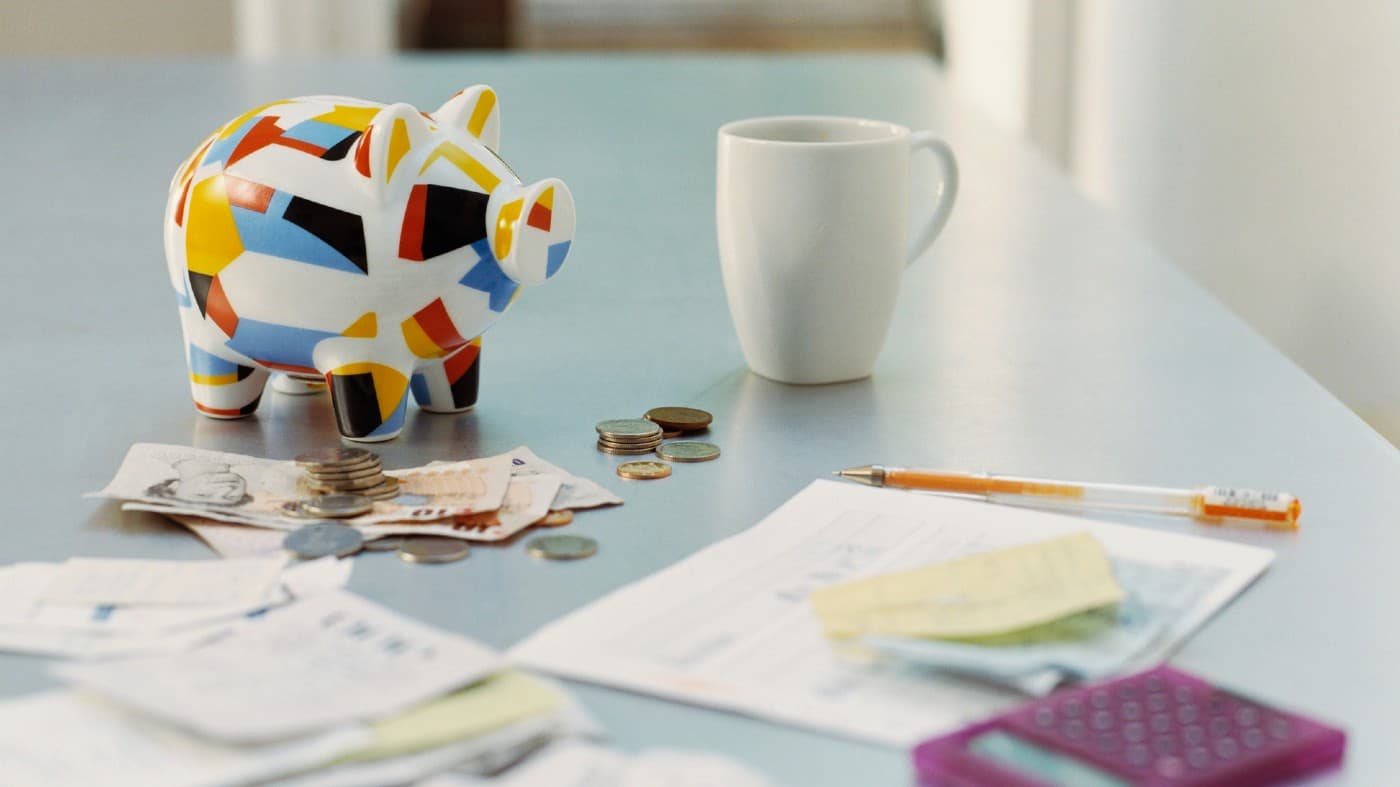Do you know how much tax you pay? If the answer is no, don’t worry – you’re not alone. According to research by Hargreaves Lansdown, only 48% of us know how much tax we pay! So, if you don’t know what your tax bill is, then here’s how to find out.
[top_pitch]
What taxes do you pay?
According to Hargreaves Lansdown’s research, low earners are less likely to know how much tax they’re paying. The problem? There’s a chance you’re paying too much tax! So, to make sure you’re on track, here’s a breakdown of the tax you might pay.
Income Tax
Income Tax is simply a tax you pay on, well, your income!
Whether it’s your annual salary or other forms of income, everything you earn is subject to tax. That said, everyone has a personal allowance, which is an amount of money you can earn before paying tax.
Right now, you don’t pay Income Tax on income up to £12,570. So, if you’re on a low income, you might not pay Income Tax at all.
National Insurance
You pay National Insurance contributions on your income if you earn over a certain threshold.
- Do you earn less than £9,568 per year? If so, you probably don’t currently pay National Insurance contributions.
- If you’re employed and earn more than £9,568 a year, then you pay Class 1 National Insurance contributions.
- Self-employed people earning over £6,515 pay either Class 2 or Class 4 National Insurance, depending on their income.
National Insurance rates are set to rise from 2022, though, so keep an eye out for how the changes might affect you.
Tax on savings and investments
Do you have money in a savings account? If you’re a basic rate taxpayer, the first £1,000 of yearly interest is tax free. However, high earners will pay tax on their savings, so this is a tax to be aware of.
What’s more, you might pay tax on investments, depending on how much you make from them.
[middle_pitch]
How can you check how much tax you pay?
Still not sure how much tax you pay? Here’s how to check, depending on whether you’re employed or self-employed.
Employed
Start by checking your payslip. It sets out your wage details, including:
- Gross pay before tax
- Tax code
- The amount of tax payable
If you don’t know how to read your payslip, don’t worry! Simply ask your employer for help, or check out our tips on understanding a payslip.
Self-employed
Are you self-employed? You can use the government’s free tool to estimate your tax bill for the year. Or, you might ask an accountant for help if you don’t know how to figure out your bill.
Can you lower your tax bill?
Sometimes – it depends on your circumstances. Here are some ways you might cut your tax bill this year:
- Start by checking your tax code. If it’s wrong, you might be overpaying tax.
- Consider opening an individual savings account (ISA). With an ISA, such as a cash ISA, you can save some money tax free (up to certain limits).
- Increase your pension contributions or start paying into a pension if you don’t have one yet.
Finally, if you’re self-employed, make sure you claim the expenses you’re entitled to.
Takeaway
It doesn’t matter whether you’re a low or high earner – you should always know how much tax you pay. If you don’t have a payslip, speak to your employer. They should give you one unless you’re in an exempt category (e.g. you’re a contractor).
Are you worried that you might be paying too much tax? Ask an accountant or financial adviser for help, or contact HMRC for advice. If you’re overpaying tax, you could be entitled to a refund.
Please note that tax treatment depends on the individual circumstances of each client and may be subject to change in future. The content in this article is provided for information purposes only. It is not intended to be, nor does it constitute, any form of tax advice. Readers are responsible for carrying out their own due diligence and for obtaining professional advice before making any investment decisions.







